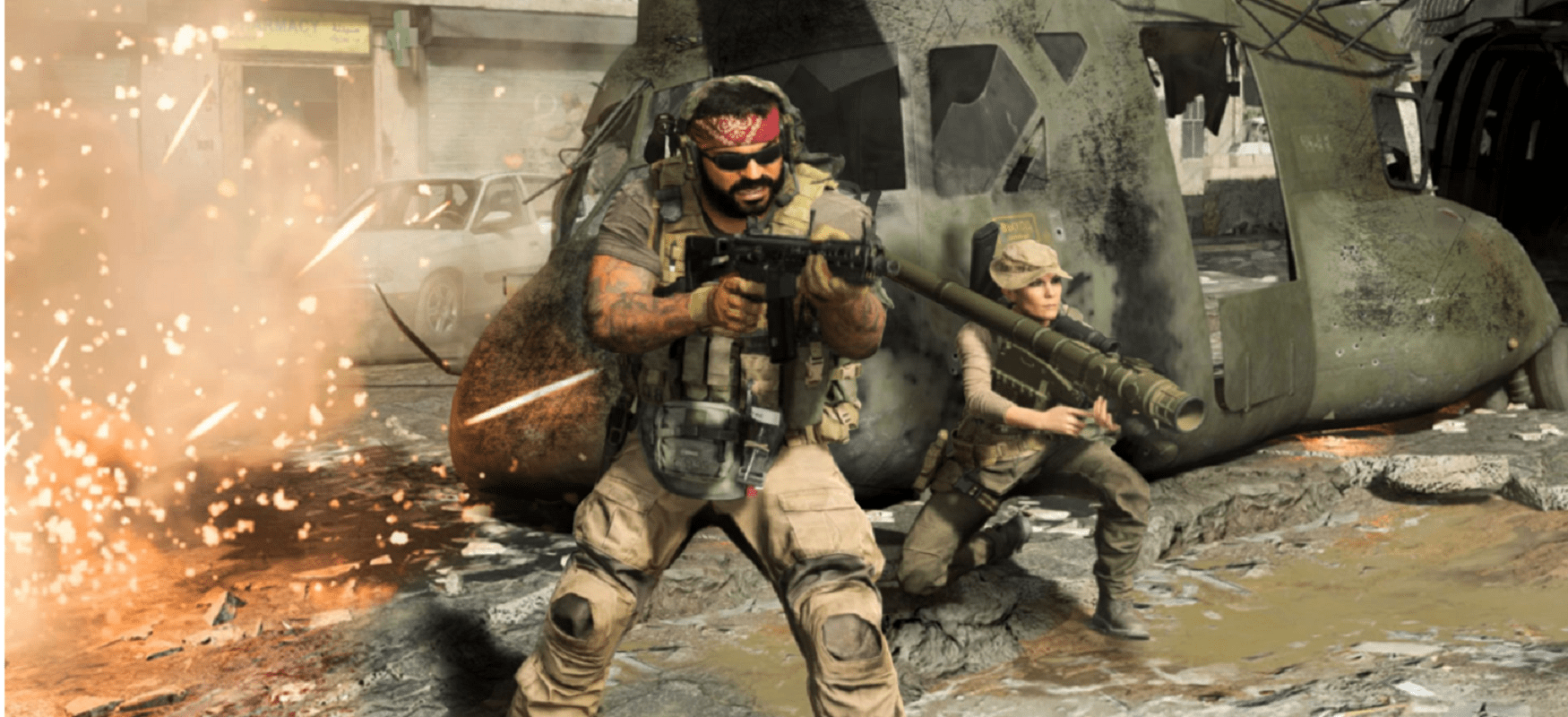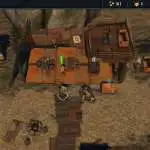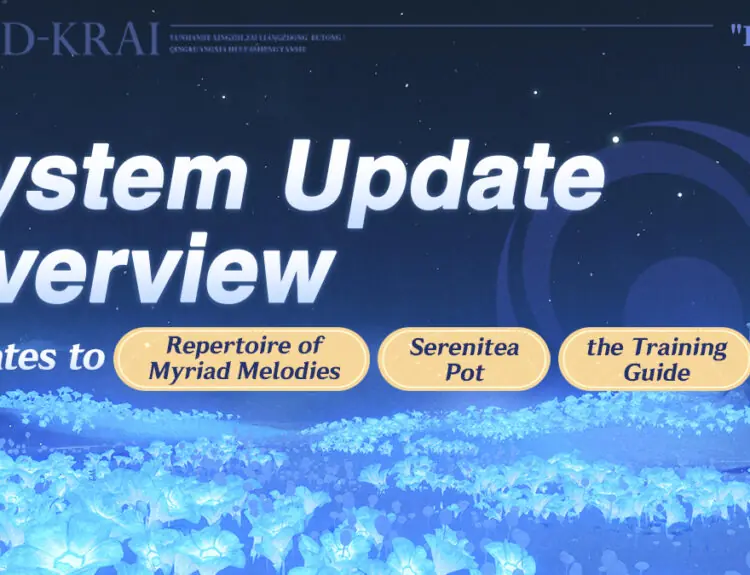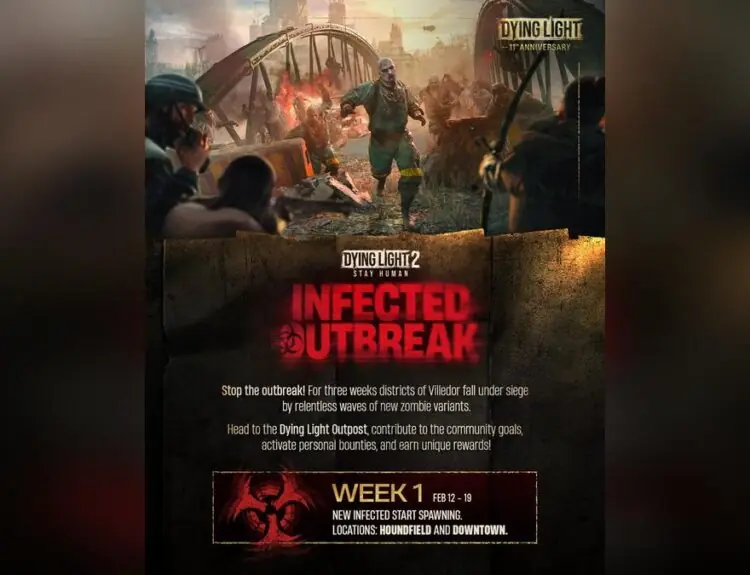There is a whole community dedicated to completing speedruns or breaking games in interesting and fun ways, but there has been a recent flock of gamers who just want to play through games in an illuminating way.
One of these gamers is Kent Sheely, who recently did an interview with USGamer about how he plays through the Call of Duty series as a metanarrative on a culture of violence and the role these types of first-person shooters play in our society. Sheely’s run started back in 2016, when he did a run-through of Call of Duty 4: Modern Warfare, which was first released back in 2007, and then published it on YouTube. The whole point of Sheely’s gameplay is to try and advance the storyline without killing or harming anyone.
https://youtu.be/M2q8Ad8WOuo
To do this, he follows three rules. First, Sheely will never directly harm infantry or vehicles (unless he has to do so to progress). Secondly, if he has to use weapons, he will try to use them in a way that doesn’t directly harm anyone in the game. Finally, if there’s no other way to progress the story, including by breaking the game’s programming, then Sheely will break the above two rules.
Often, this means Sheely has to push his NPCs into combat to harm others. For example, if the game requires him to clear a bunker, Sheely has found that he can push NPCs into a location where they have to defend themselves and will do the work for him. Often, NPCs are invulnerable and this makes a great tactic to complete the game.
Other times, he doesn’t even need to do this. He can just run straight through the level and the game will progress for him on its own.
But what is perhaps the most surprising this, is that many times Call of Duty will just progress the story without Sheely having to do anything at all. The game is sort of set up to keep flowing and moving the plot forward, especially with NPCs that will fight and wear down enemies slowly over time.
Sheely says he receives a lot of comments that try to take the “moral high ground” and see issues with how Sheely plays the game. But he thinks they miss the point. For him, playing through the game this way helps to highlight the issues and moral dilemmas that are front and center in a game about war.







